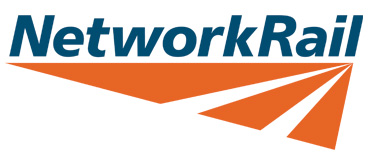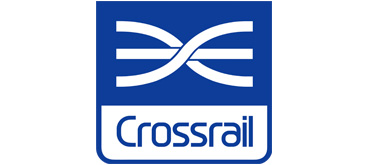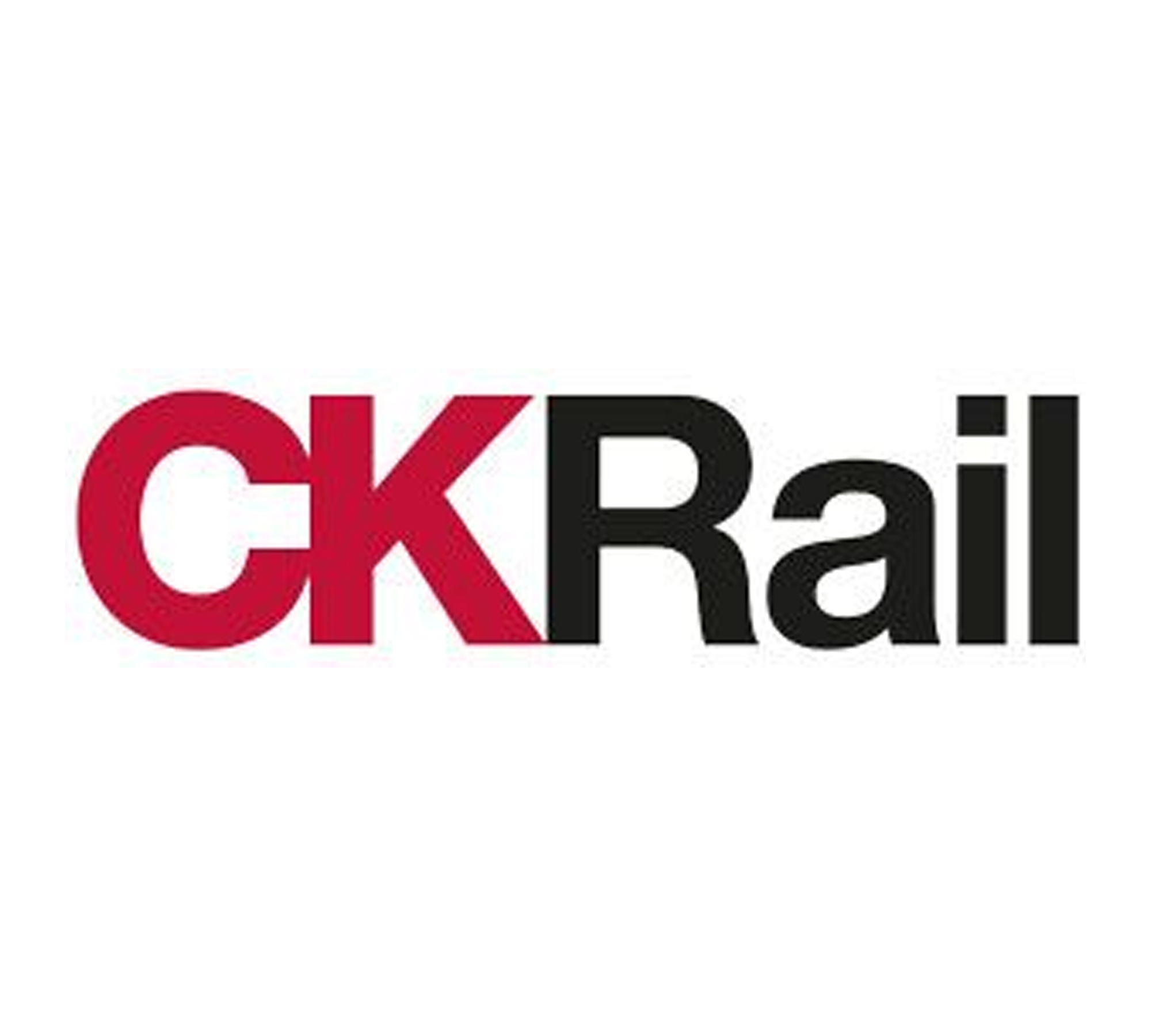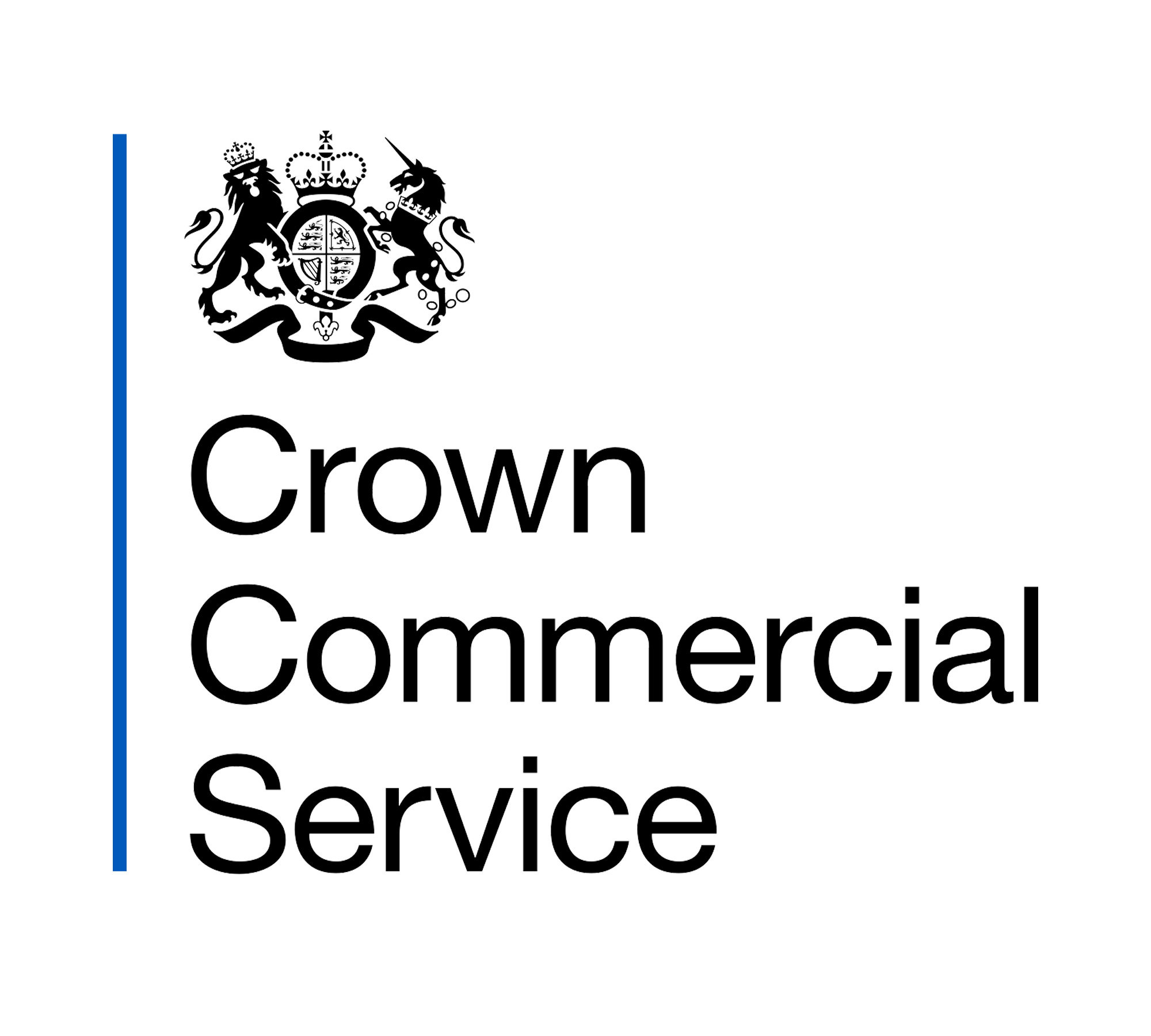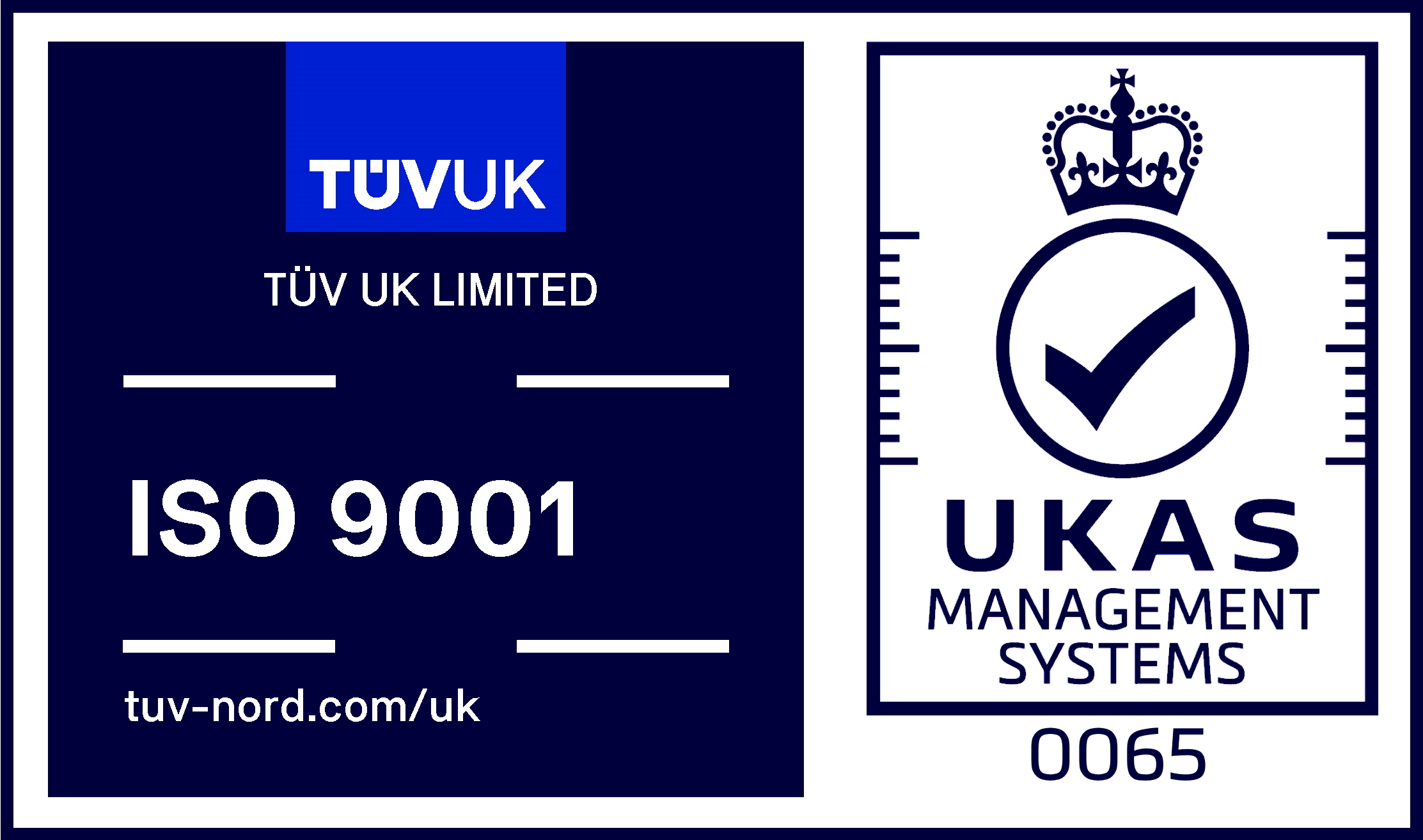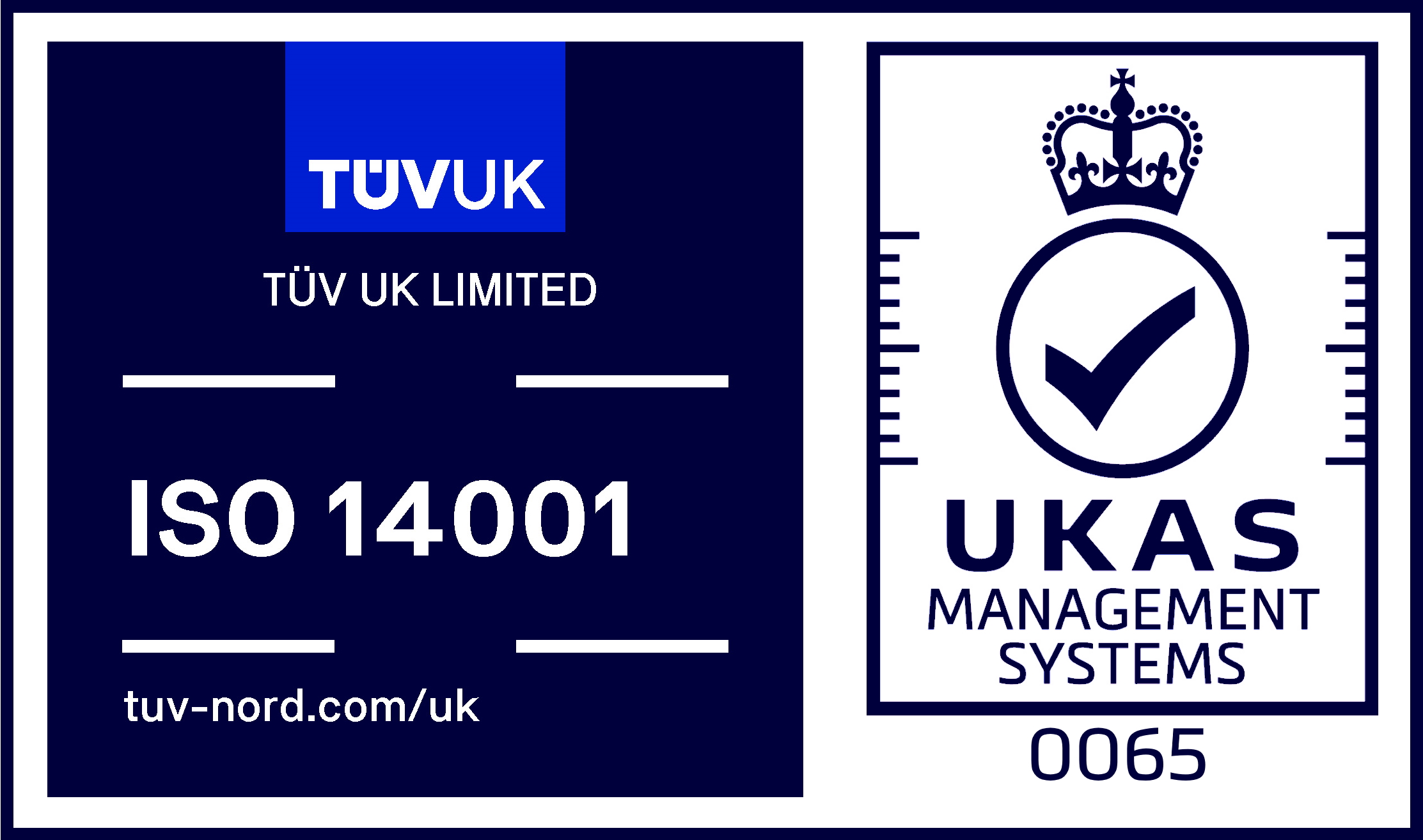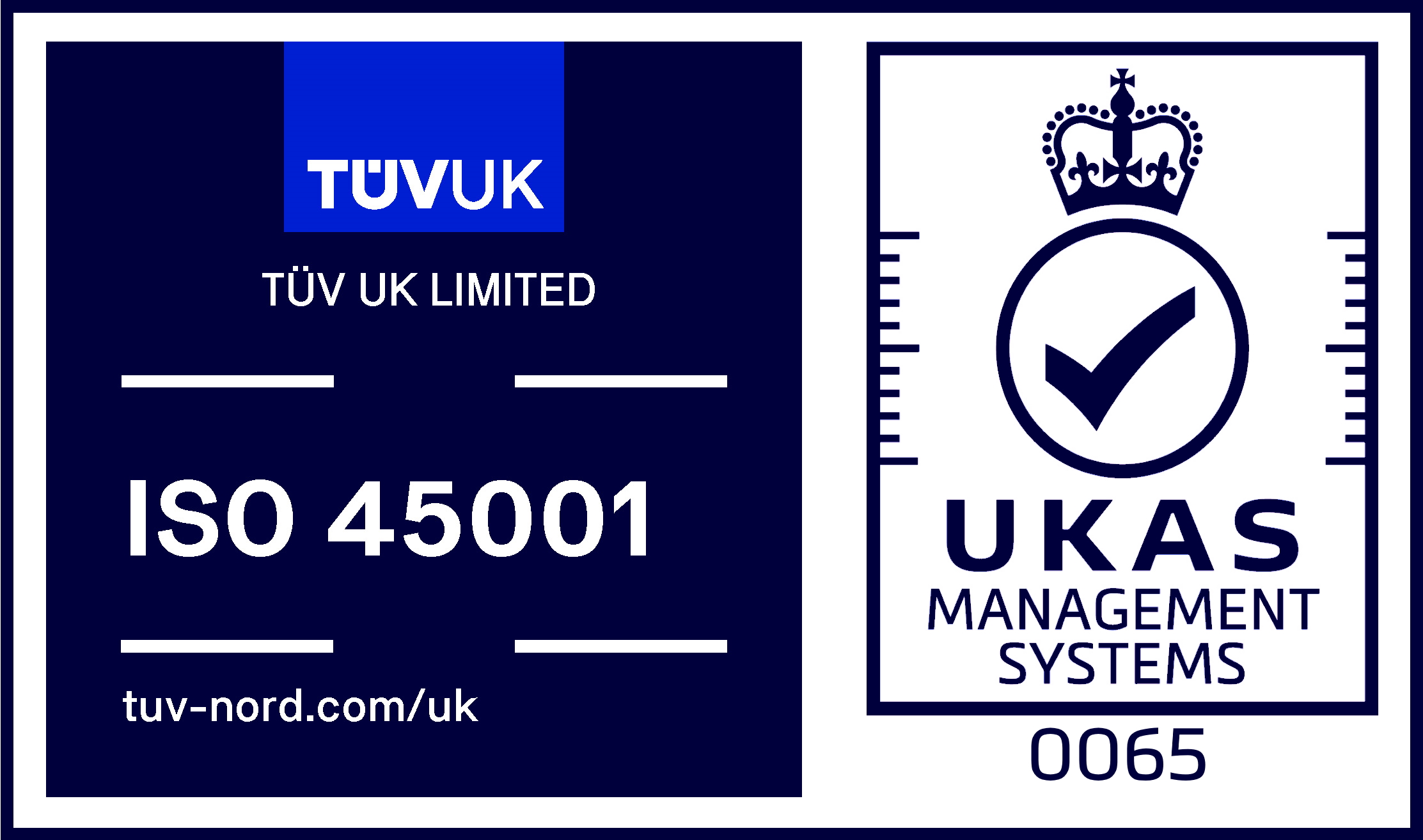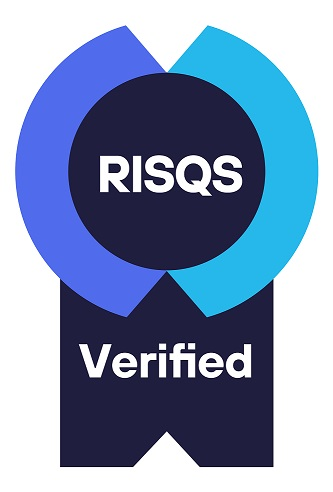Commercial
Assurance
In today’s dynamic and competitive marketplace, organisations must adopt robust strategies to manage risk, optimise operational efficiency, and safeguard their commercial interests.

What is Commercial Assurance?
Commercial assurance provides the framework and tools necessary to achieve these goals, helping businesses thrive and deliver value to their stakeholders.
Commercial assurance encompasses a range of activities and processes designed to support effective decision-making, risk management, and value realisation throughout the lifecycle of commercial agreements and engagements.
It focuses on ensuring that business objectives are met, contracts are fulfilled, and financial, operational, and reputational risks are mitigated.
Key Elements of Commercial Assurance
Contract Management
Efficient management of contracts is crucial for commercial success.
This involves drafting, negotiating, and executing contracts with suppliers, customers, and partners while ensuring compliance with legal requirements and corporate policies.
Contract management also encompasses ongoing monitoring, performance measurement, and issue resolution to optimise outcomes and mitigate risks.
Financial Control
Sound financial control is fundamental to commercial assurance.
It involves establishing robust financial processes, ensuring accurate financial reporting, and implementing internal controls to safeguard assets, prevent fraud, and meet regulatory obligations.
By maintaining financial discipline, businesses can make informed decisions and build trust with stakeholders.
Risk Management
Effective risk management is essential for protecting business interests.
Commercial assurance incorporates the identification, assessment, and mitigation of risks associated with contracts, partnerships, supply chains, and other critical areas.
By proactively managing risks, organisations can minimise potential disruptions and avoid financial losses, reputational damage, and legal disputes.
Performance Measurement
Measuring and tracking performance against key metrics and contractual obligations is a vital component of commercial assurance.
It enables businesses to assess their operational efficiency, identify areas for improvement, and ensure that the value promised in agreements is being delivered.
Performance measurement also helps build stronger relationships with customers and suppliers, fostering trust and accountability.
Dispute Resolution
Despite best efforts, disputes may arise in commercial engagements.
Commercial assurance includes establishing effective mechanisms for resolving conflicts and disputes in a fair and timely manner.
By employing alternative dispute resolution methods or leveraging contractual provisions, organisations can minimise disruptions, preserve relationships, and protect their commercial interests.
Benefits of Commercial Assurance
Implementing robust practices can yield several benefits for businesses, including
Risk Mitigation
By proactively identifying and mitigating risks, commercial assurance minimises the likelihood of financial, operational, and reputational damage, ensuring smoother business operations.
Cost Optimisation
Efficient contract management, financial control, and performance measurement result in cost savings and improved financial outcomes, driving profitability and enhancing competitiveness.
Enhanced Stakeholder Confidence
Through effective commercial assurance, businesses demonstrate their commitment to delivering on promises, thereby building trust and confidence with customers, suppliers, investors, and other stakeholders.
Improved Decision-making
Reliable performance metrics and accurate financial information provide valuable insights for informed decision-making, enabling businesses to capitalise on opportunities and mitigate potential risks.
Streamlined Operations
By optimising processes and workflows, commercial assurance enhances operational efficiency, reduces bottlenecks, and improves overall organisational effectiveness.
Our previous clients include...
At Michael Jon Asociates we have worked with a variety of companies in the UK. Here is a selection of some of our clients




